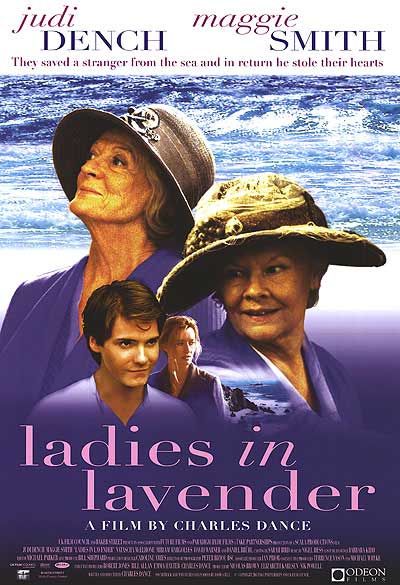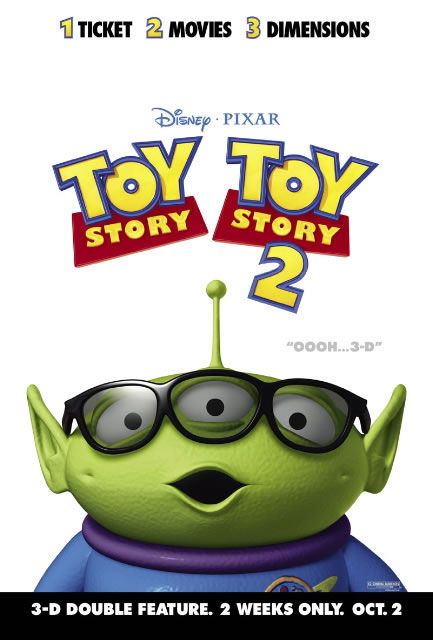
Why Does Gen Z Think They’re Aging ‘Like Milk’?
By Movieguide® Contributor
Some people believe Gen Zers are aging faster than Millennials.
TikTok sensation “Jordan_The_Stallion,” whose real name is Jordan Howlett, acknowledged the phenomenon, also described as “aging like milk,” in a viral video that racked up over 24 million views.
“It is mainly because of the stress,” Howlett said in response to another video claiming Gen Z is aging “really rapidly.” “We live in a time nowadays where Millennials look way younger for their age, while Gen Z looks way older for their age.”
Howlett, who has some visible wrinkles and glasses, says “If you don’t believe me, I’m Gen Z…and nobody ever believes me. When my mom and I walk out in public, people think that my mom is my younger sister.” He later revealed that he is only 26 years old.
@jordan_the_stallion8
Yahoo News explained that “Gen Z is in the age range 11 to 26 years and Millennials are between 27 and 42 years old.”
So, what is causing Gen Z to look older than their Millennial counterparts? One theory is that Gen Z is aging faster biologically, which is affected by lifestyle and is not to be confused with chronological age.
“Biological age…isn’t necessarily the same for everyone and can better reflect the diversity of the aging process across individuals. ‘Biological age captures how a person is aging, according to many different factors and biomarkers,’ says Dr. Lopez-Jimenez,” per the Mayo Clinic.
The Mayo Clinic continued by explaining that these changes happen at a cellular level. “In its most basic sense, aging is the result of changes to the body’s cells, typically cell breakdown or deterioration that, in turn, make cells work less efficiently. Over time, these small changes to the cells compound and lead to the physical markers of age, such as wrinkles, as well as chronic conditions or illnesses like heart disease or dementia,” the Clinic explains.
And according to Mayo, Howlett might be onto something when he says stress is the biggest factor causing early aging.
“Researchers believe genetics, DNA damage, oxidative stress, and telomere erosion on chromosome tips, senescent cells and chronic inflammation all play a part in how the body ages on the cellular level,” Mayo said.
“Stress is such an underrated part of aging that I think we, especially as Americans, just accept sometimes even like it was an honor badge,” said Emily Trampetti, aesthetician and founder of Skin Property. “What we also know about stress, chronic stress, especially, and mental health, is that it can age us really, really quickly.”
What’s stressing Gen Z out so much that they look older than they should? Many factors contribute, but one notable one is social media use, which didn’t exist in Millennial childhoods.
Movieguide® previously reported:
More and more young users are ditching social media as its negative effect on mental health becomes more evident.
A recent Tallo survey found that 56% of Gen Zers said “social media has led them to feel left out by their peers.”
The survey also noted that younger generations are more interested in TikTok. However, even as the most popular video-sharing app on the market, users are starting to question the benefits of addicting platforms.
But body-image and low self-esteem issues for young female users are only at the surface of TikTok’s potential to harm its users.



 - Content:
- Content: 

